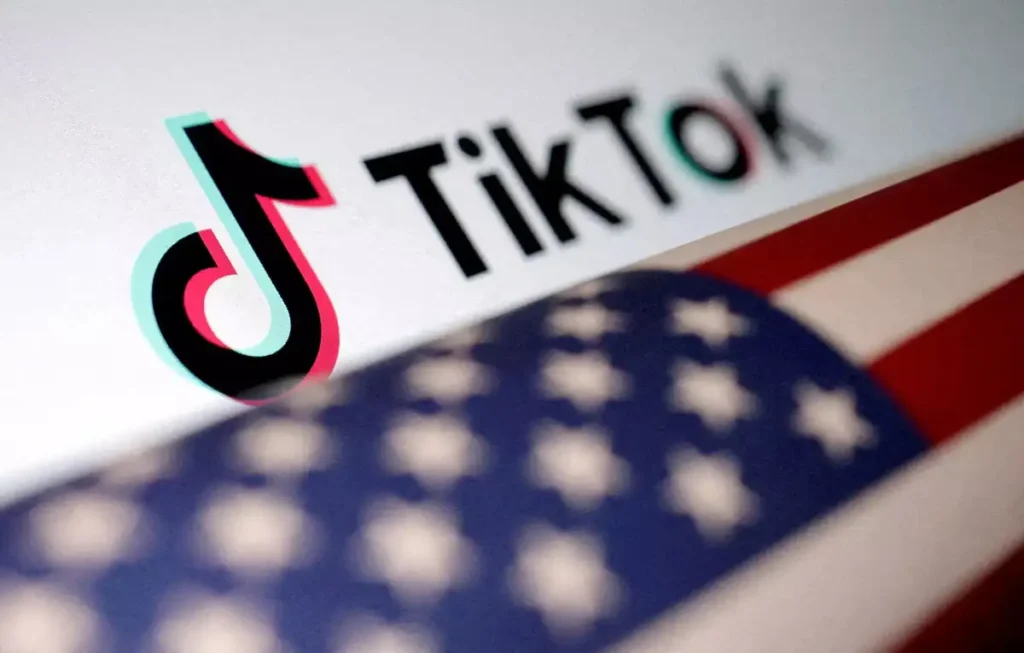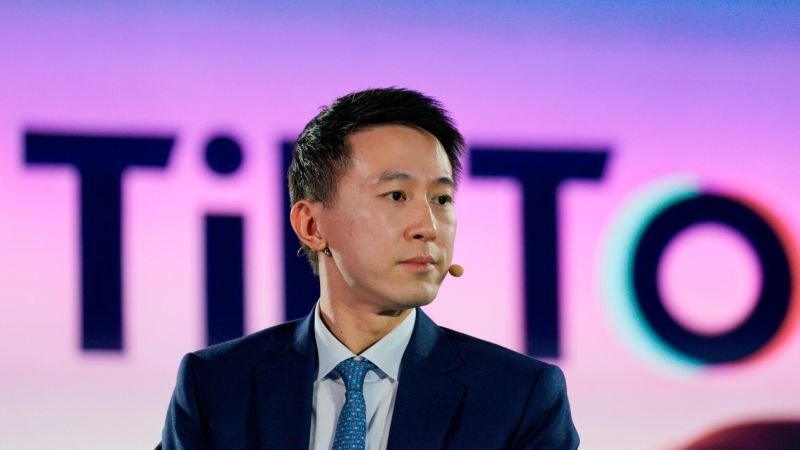In recent months, the conversation around TikTok and its future in the United States has once again taken center stage — and this time, it’s heating up fast. At the heart of it is a growing standoff between TikTok’s CEO and former U.S. President Donald Trump. From national security concerns to political posturing, this ongoing saga touches on everything from technology and privacy to power and influence in the digital age.
In this article, we break down what’s going on between the TikTok CEO and Trump, what sparked the latest round of tension, and what it means for millions of American users.
The Background: TikTok’s Turbulent Time in the U.S.

TikTok, a short-form video app owned by Chinese tech company ByteDance, has exploded in popularity over the past few years. With over 150 million users in the U.S. alone, it’s not just a social media platform — it’s a cultural force.
But since 2020, TikTok has faced increasing pressure from U.S. politicians who worry about its connections to China. Leading the charge back then was Donald Trump. As president, Trump signed executive orders aiming to ban TikTok or force ByteDance to sell it to an American company.
Though the ban never fully materialized, the tension remained. Now, with Trump once again dominating headlines and TikTok’s CEO stepping into the spotlight, things are escalating again.
Why Is Trump Back in the TikTok Spotlight?
In early 2024, Trump reignited the controversy during a campaign rally where he criticized the platform — not just for national security reasons but also for how it influences public opinion and media narratives. According to Trump, TikTok “pushes propaganda” and “poses a real risk to American data security.”
That’s not all. Trump also accused the app of censoring conservative voices, a claim he has made about other tech platforms in the past. With the 2024 election campaign in full swing, Trump’s renewed attacks on TikTok seem to be part of a broader strategy to rally his base and position himself as tough on China.
TikTok CEO Shou Zi Chew Responds

Shou Zi Chew, the current TikTok CEO, has tried to calm fears and clear up misunderstandings. In a series of interviews and public appearances, he emphasized that TikTok is committed to user privacy, transparency, and data protection.
His Main Points Include:
- Data Storage in the U.S.: Chew noted that TikTok is storing American user data on U.S.-based servers, managed by Oracle, to prevent access from foreign entities.
- Independence from China: He repeatedly stated that TikTok operates independently and does not share data with the Chinese government.
- Content Moderation Transparency: Chew invited U.S. regulators and independent auditors to inspect how TikTok’s algorithm and moderation systems work.
Despite these efforts, the political pushback is growing louder, especially from Trump-aligned lawmakers and media outlets.
National Security or Political Play?
This brings up an important question: Is the fight between the TikTok CEO and Trump really about national security, or is it about politics?
Critics of Trump’s Stance Say:
- It’s a political move to appear “tough on China” during election season.
- The concerns are exaggerated, especially since other apps also collect massive amounts of data.
- TikTok is being unfairly targeted because of its Chinese ownership, despite implementing stricter data rules than many U.S.-based apps.
Supporters of the Ban Argue:
- Even the possibility of data sharing with the Chinese government is too risky.
- TikTok’s algorithm could influence public opinion in dangerous ways, including during elections.
- National security should come before entertainment or business interests.
This debate has now reached a fever pitch in Washington.
Congress Steps In
In March 2025, lawmakers passed a bipartisan bill requiring TikTok to be sold to a non-Chinese company or face a ban in the United States. The bill was met with strong support from both Republicans and Democrats, though Trump’s voice was the loudest.
During a press conference, Trump stated:
“We need to protect American data and stop foreign adversaries from spying on our kids and influencing our democracy.”
Chew responded, warning that a forced sale or ban would not only harm the economy but also hurt creators, small businesses, and millions of users who rely on TikTok for income and expression.
What Happens Next?
As of now, TikTok is caught in a legal and political whirlwind. The company has launched a legal challenge against the proposed ban, calling it unconstitutional and politically motivated.
Meanwhile, Trump continues to use the platform — indirectly. Ironically, many of his supporters use TikTok to share clips of rallies and campaign messages. This contradiction has led some to question how serious the push for a ban really is.
The Department of Justice and other federal agencies are reviewing the legal claims, while courts prepare for what could be a long battle over digital rights, ownership, and privacy.
The Global Impact
This battle isn’t just about America. Other countries are watching closely. If the U.S. bans TikTok or forces a sale, it could set a precedent for how nations deal with foreign-owned apps moving forward.
Already, countries like Canada, Australia, and several in Europe have restricted TikTok use on government devices. A full ban in the U.S. could push others to follow suit.
At the same time, tech experts warn that forcing a sale could damage the global image of American openness and innovation, leading other countries to retaliate against U.S. companies like Apple, Google, or Meta.
What This Means for Users
If you’re a TikTok user in the U.S., here’s what you need to know:
- You won’t lose access to the app right away. The legal process could take months, or even years.
- Your data may be safer than you think. TikTok has already made major changes to improve U.S. data security.
- You should stay informed. This isn’t just a tech issue — it’s a major political story that could affect your favorite apps.
Final Thoughts
The battle between the TikTok CEO and Trump is about more than just one app. It reflects deeper issues around privacy, national security, tech ownership, and political power. As the 2024 election cycle intensifies, expect more heated debates and dramatic headlines.
What started as a simple social media platform for dancing videos is now at the center of one of the biggest tech controversies of our time.
Whether TikTok stays, changes hands, or gets banned altogether, one thing is clear — this story is far from over.
Also Read – U.S. Slaps Massive Charges on Chinese Oil Supertankers to Shift Global Power






